
👑 Data Privacy for Art Galleries & Museums 👑 - Tailored Data Privacy Compliance
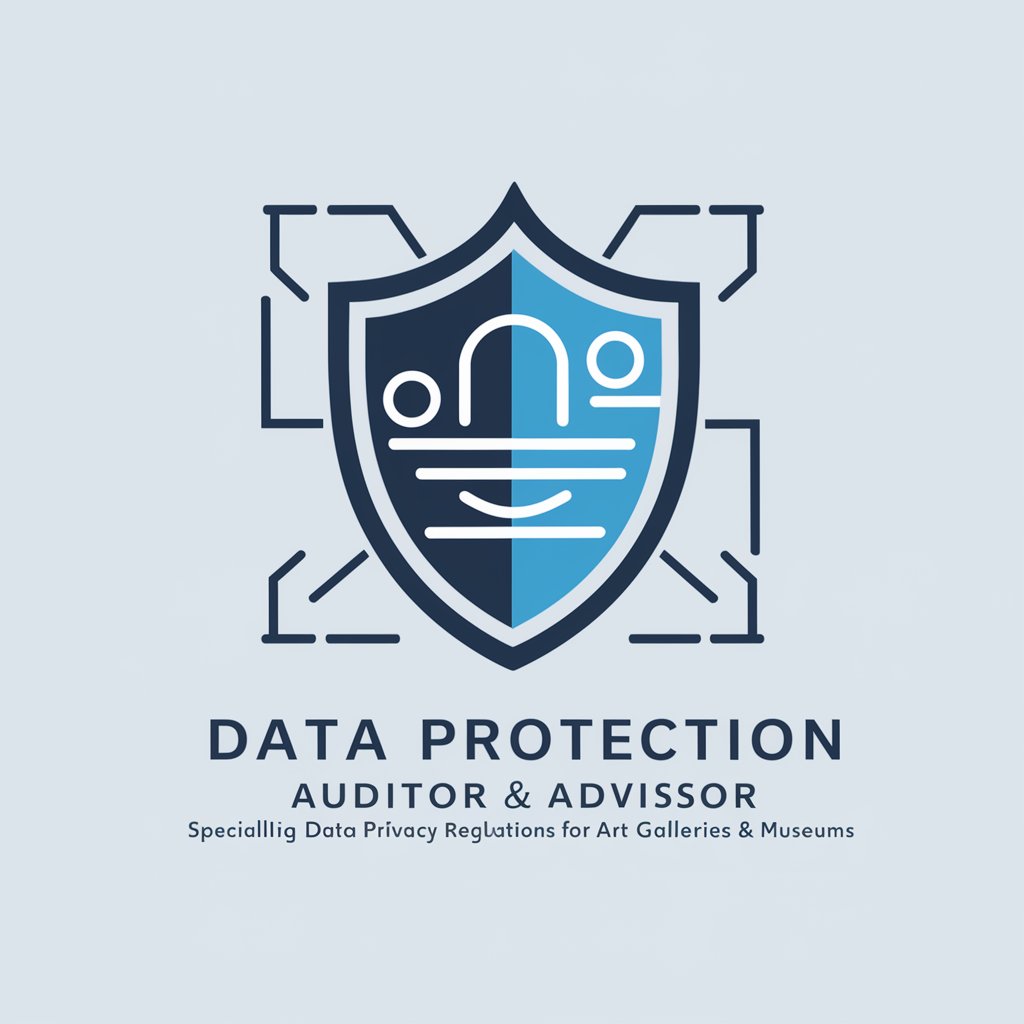
Hello, I'm Emmanuel. Which country is your message related to?
AI-driven Privacy Protection for the Arts
How can art galleries ensure compliance with GDPR?
What are the data retention policies for museums under CCPA?
Explain the key differences between GDPR and APP for art institutions.
What steps should an art gallery take for a Data Protection Impact Assessment?
Get Embed Code
Understanding Data Privacy for Art Galleries & Museums
Data Privacy for Art Galleries & Museums focuses on ensuring that these cultural institutions manage their visitors' personal data in compliance with global data protection regulations such as GDPR, CCPA, and others. This initiative is designed to help galleries and museums navigate the complexities of data privacy, ensuring they collect, store, and use visitor information ethically and legally. For example, when a visitor purchases a ticket online, their transaction data must be handled securely, with clear consent for any marketing communications. Powered by ChatGPT-4o。

Core Functions of Data Privacy for Art Galleries & Museums
Compliance Advisory
Example
Providing guidelines on GDPR compliance for online ticket sales.
Scenario
A museum updates its website to include clear, accessible consent forms for visitors purchasing tickets, ensuring compliance with GDPR's requirements for explicit consent.
Data Protection Impact Assessments (DPIA)
Example
Conducting DPIAs for new exhibitions' data collection methods.
Scenario
Before launching a new interactive exhibit that collects visitors' preferences, a gallery conducts a DPIA to identify and mitigate any potential privacy risks.
Training and Awareness
Example
Offering data protection training to staff.
Scenario
Art galleries provide regular training sessions for their staff on how to handle personal data securely, emphasizing the importance of privacy and the legal implications of mishandling data.
Incident Response Planning
Example
Developing protocols for data breach incidents.
Scenario
A museum establishes a response plan detailing steps to take in the event of a data breach, including notifying affected individuals and regulatory bodies promptly.
Consent Management
Example
Implementing systems for managing visitors' consent preferences.
Scenario
An art gallery implements a digital system that allows visitors to easily opt-in or out of different types of communication, ensuring their marketing practices comply with data protection laws.
Who Benefits from Data Privacy for Art Galleries & Museums?
Art Gallery and Museum Administrators
These professionals are responsible for the overall management of galleries and museums, including compliance with data protection laws. They benefit from understanding how to protect visitor information and avoid legal pitfalls.
IT and Security Teams in Cultural Institutions
These teams implement and manage the technical aspects of data security and privacy. They require specialized knowledge to safeguard digital systems against breaches and ensure compliance.
Marketing and Customer Service Departments
Staff in these departments interact directly with visitor data for promotional and service-related purposes. They benefit from training on consent management and ethical data handling practices.

How to Use Data Privacy for Art Galleries & Museums
Initiate Your Journey
Begin by exploring the functionalities offered at yeschat.ai, providing you with a comprehensive introduction without the necessity for a subscription or ChatGPT Plus.
Understand Data Privacy Needs
Identify your specific data privacy concerns and requirements by assessing the type of visitor information, preferences, and transaction data you collect.
Implement Compliance Strategies
Apply the advice and strategies provided to ensure your data handling practices are in full compliance with GDPR and other relevant data protection laws.
Utilize Custom Features
Explore custom features tailored to the unique needs of art galleries and museums, such as consent management and secure data processing.
Engage in Continuous Learning
Stay informed on the latest developments in data privacy regulations and best practices to continuously enhance your compliance posture.
Try other advanced and practical GPTs
Art Mentor
Unleash Creativity with AI-Powered Art Mentorship

Business Strategy Manager
Empowering Strategy with AI

MindFocusGPT
Empowering Your Focus with AI

The HN Scoop
Bringing Wit to Tech Discussions

Logos
Crafting Distinctive Logos with AI Innovation
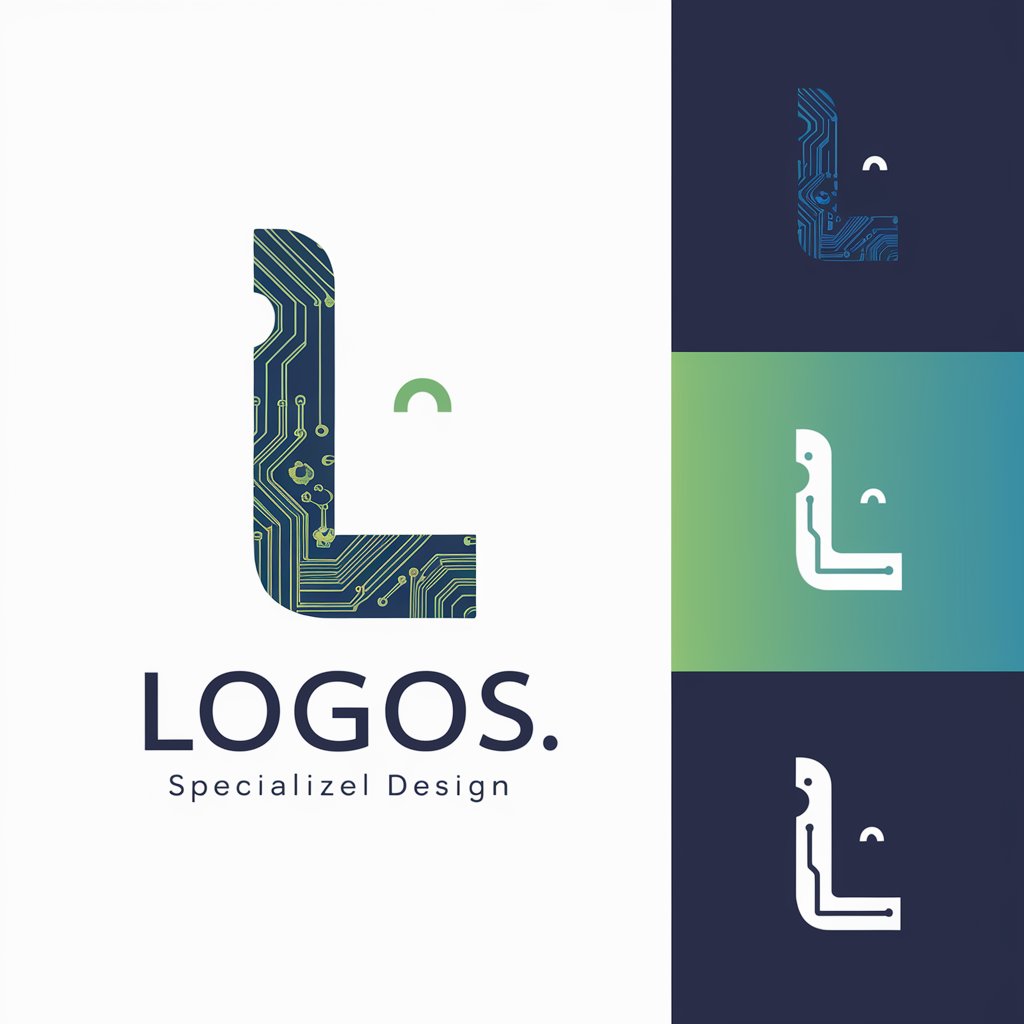
Expertise Enhancer
AI-Powered Insight for Professional Growth

ExcelGPT v2
Empowering Excel tasks with AI.
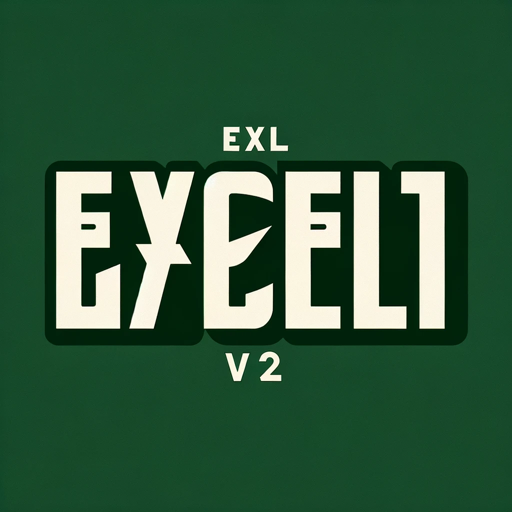
Local Business Marketing AI
Empowering Local Businesses with AI-Driven Marketing
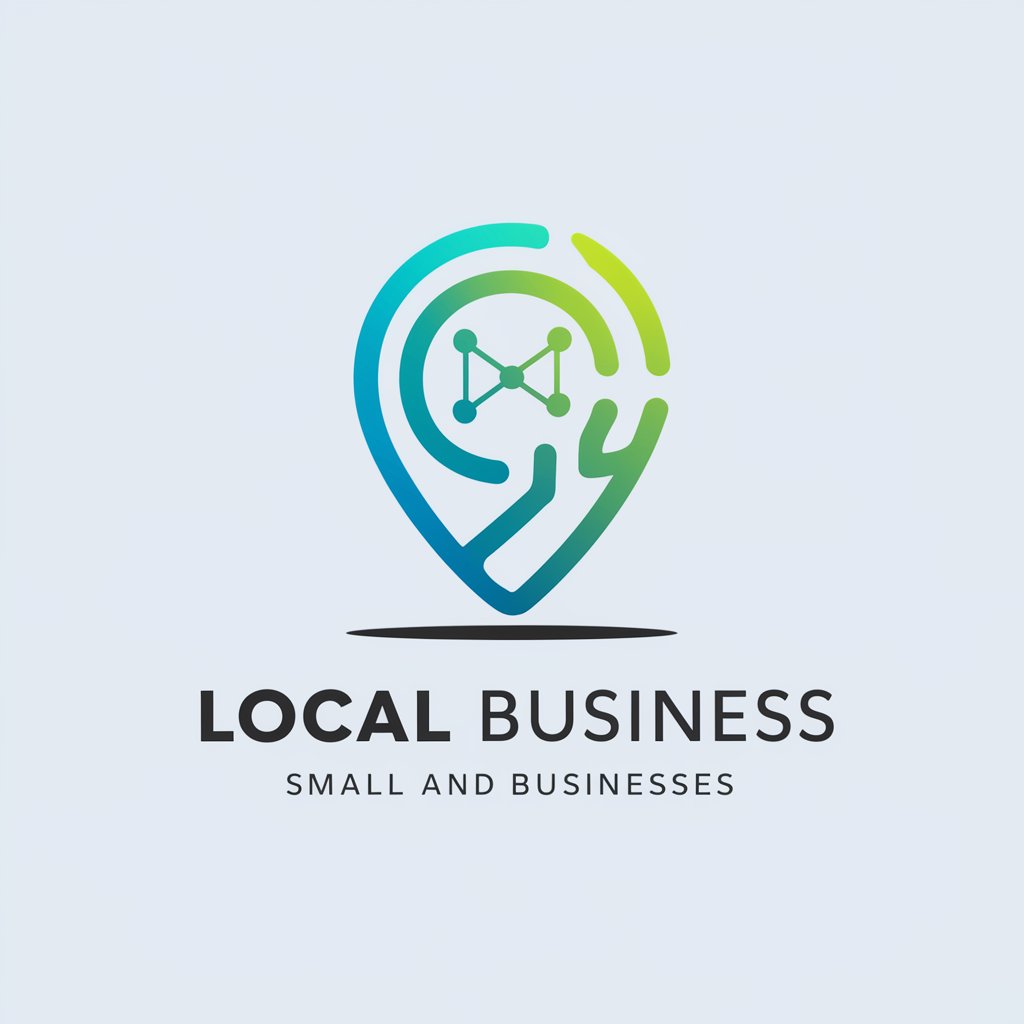
Berkus Startup Suite
Empowering Startups with AI-Driven Insights
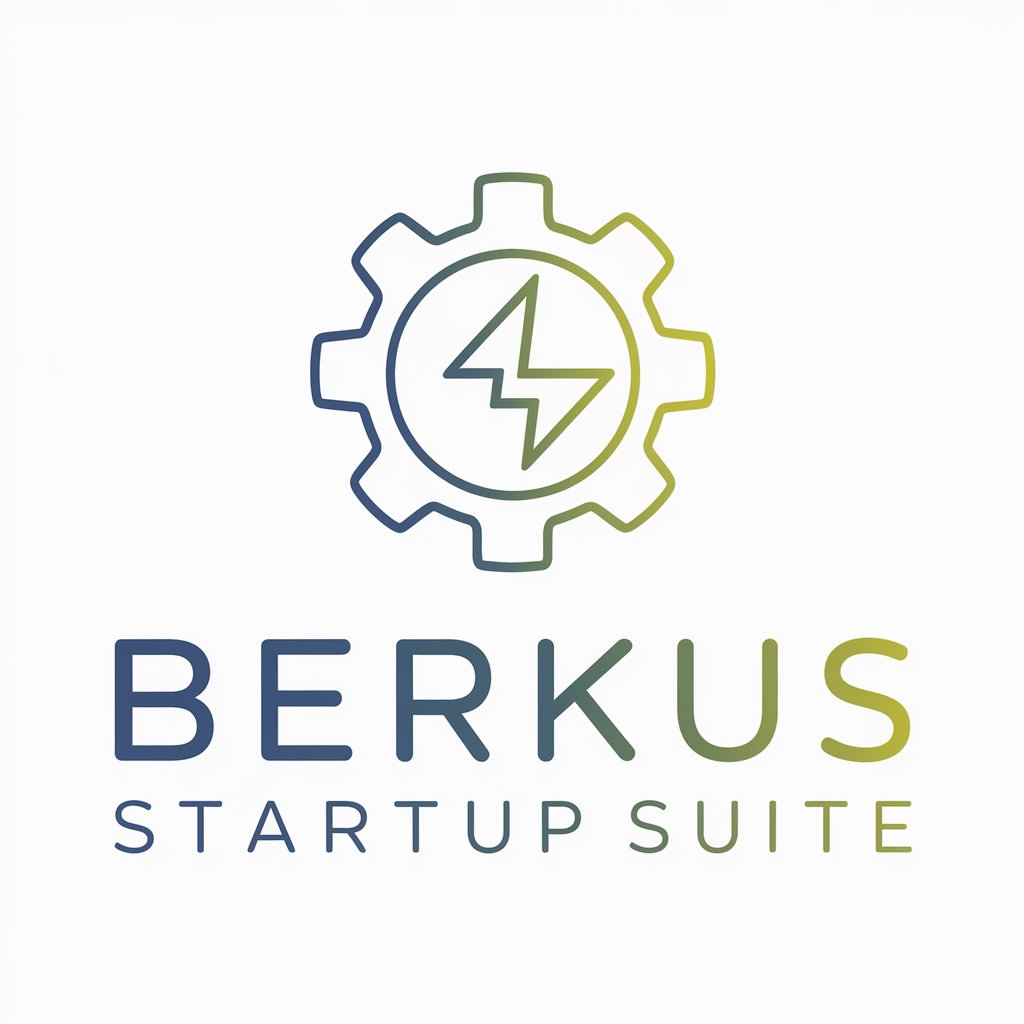
FashionGPT
AI-Powered Personal Fashion Stylist

GPT Prompt Optimizer (dev-v2)
Enhance prompts with AI-powered optimization.
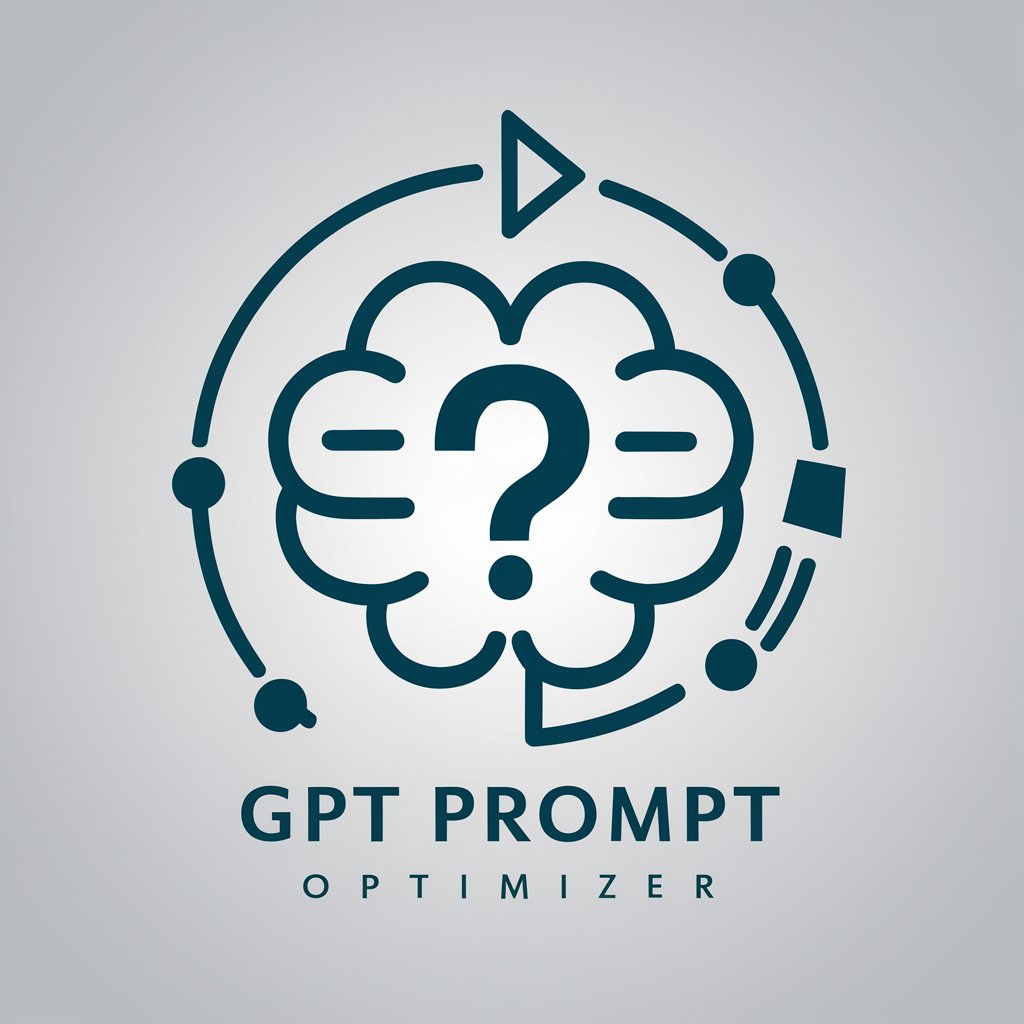
Legal Design - Jogo dos 7 Erros
Revolutionizing legal documents with AI sarcasm

Data Privacy for Art Galleries & Museums Q&A
What makes this tool essential for art galleries and museums?
This tool is essential because it provides specialized guidance on complying with global data protection laws, ensuring the privacy and security of visitor and transaction data specific to the unique operations of art galleries and museums.
How can art galleries and museums ensure GDPR compliance using this tool?
They can ensure GDPR compliance by utilizing the tool's features for consent management, data anonymization, and secure data processing, alongside regular updates on regulation changes and compliance strategies.
What are the key features of this tool for data protection?
Key features include automated compliance checks, data protection impact assessments, secure data transfer mechanisms, and support for managing data subject rights requests.
Can this tool help with international data transfers?
Yes, it provides mechanisms and guidance for secure international data transfers in compliance with GDPR, including the use of Standard Contractual Clauses and ensuring adequacy decisions.
How does the tool support incident reporting and data breaches?
It offers protocols for promptly reporting data breaches to relevant authorities and affected individuals, in line with GDPR's notification requirements, and guidance on mitigating the impact of such incidents.